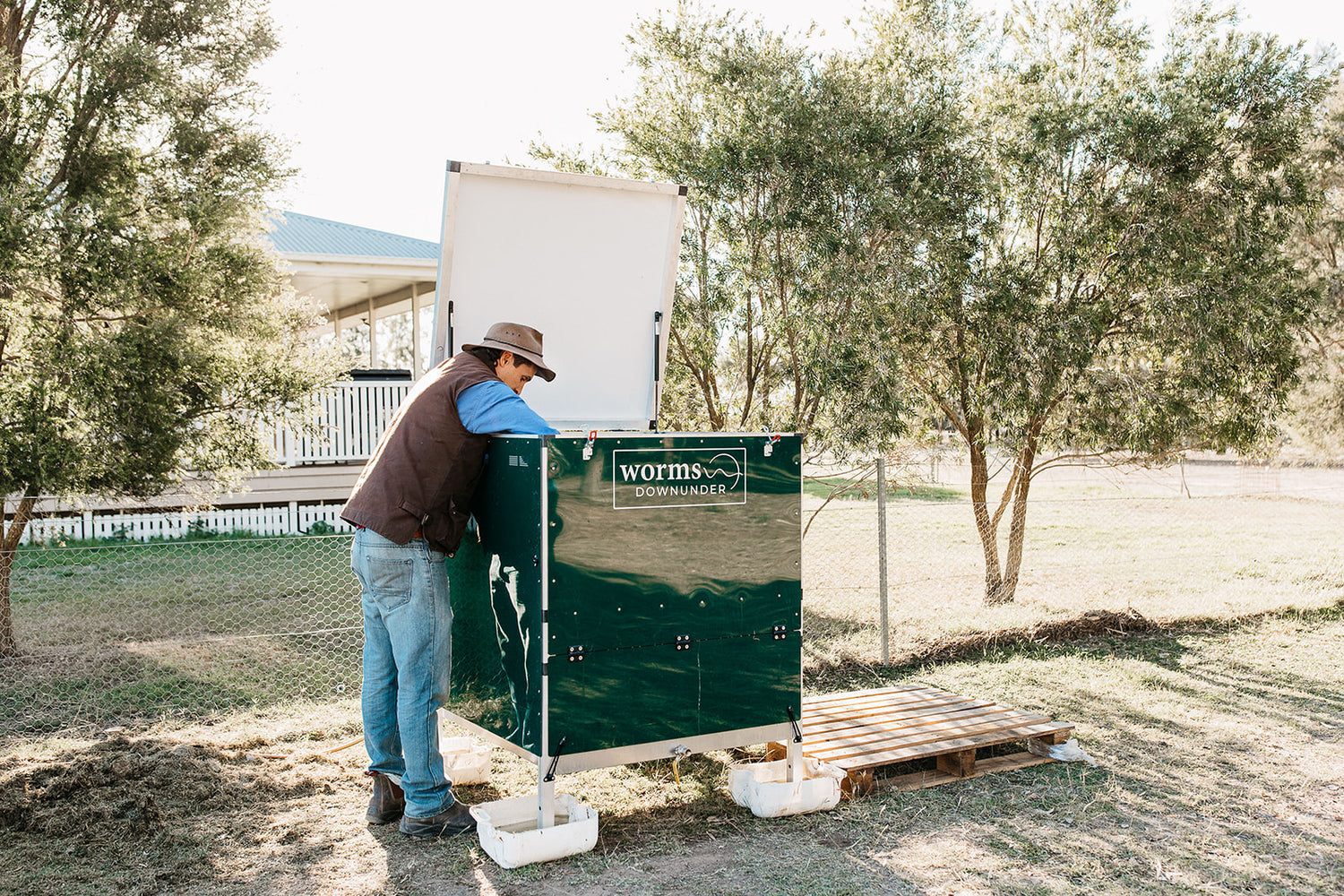
Flat-Pack Assembly Instructions
Follow our guide to assemble your Flat-Packed Worm Mod! Including frame assembly, leachate tank, scraper system, and final adjustments for best results.
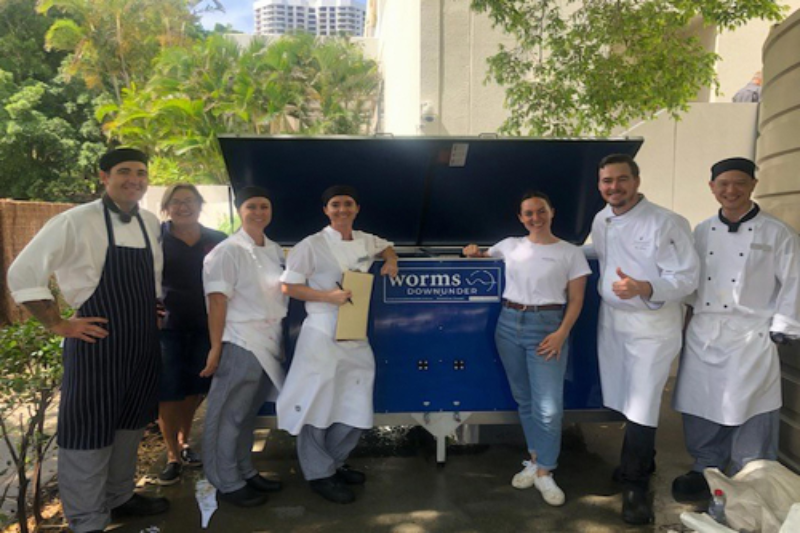
Corporate Sustainability Teams: Organisations implementing waste reduction strategies, looking to divert landfill contributions and reduce carbon and methane emissions.
Educational Institutions: Schools and universities diverting waste from landfill while incorporating vermicomposting tools into their educational programs and curriculums.
Hospitality and Food Services: Restaurants, cafes, and catering businesses managing food waste sustainably to establish closed loop systems. Many restaurants will use worm farms for the management of waste and the production of beneficial worm castings for the growth of more food for their customers.
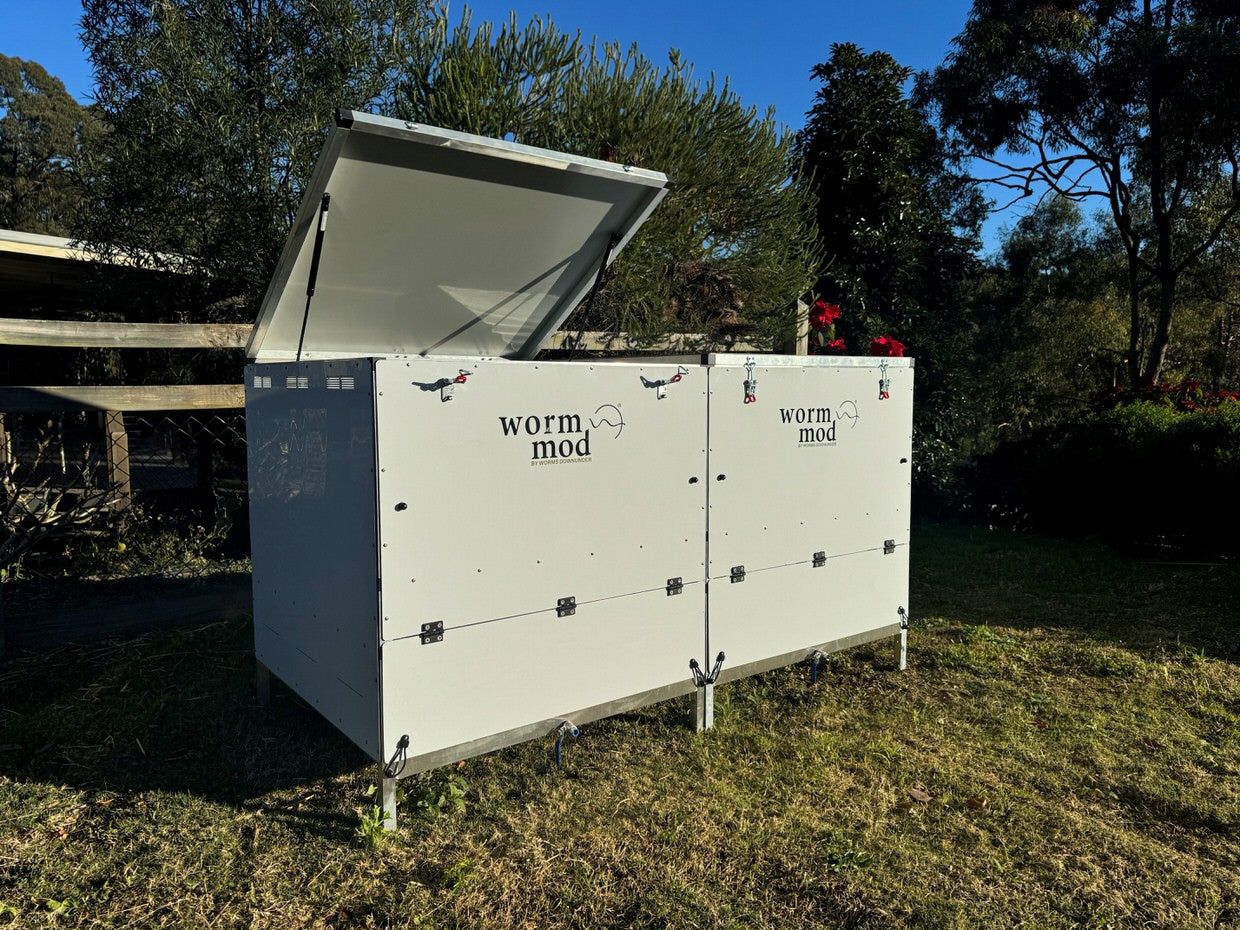
Worms will technically process anything that was once living - it’s just about maintaining the balance.
It converts inputs into highly beneficial outputs perfect for:
Vermicomposting transforms your organisation’s organic waste into nutrient-rich castings, diverting waste from landfills. These castings enhance soil health, boost plant growth, and increase carbon sequestration, creating a sustainable, closed-loop system.
As part of our service, we provide installation and training packs at additional cost.

Flat-Packed Worm Mod
View Product
Assembled Worm Mod Units
View Product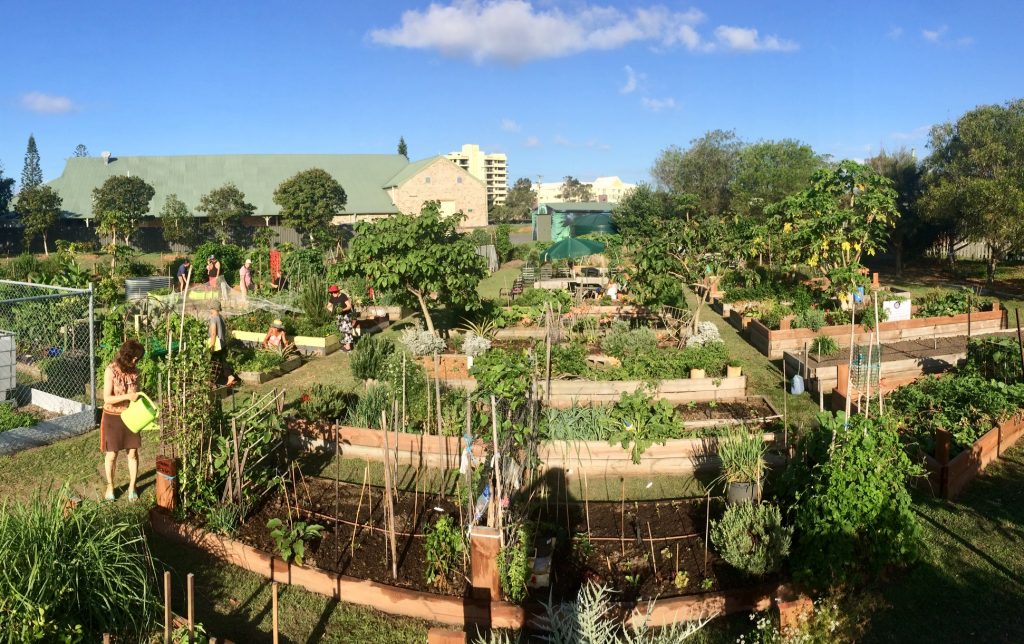
When organic waste gets sent to landfill, it doesn’t decompose as nature intended. Starved of oxygen, the green wastes break down anaerobically, generating methane—a greenhouse gas 25-30 times more potent than carbon dioxide over 100 years, and up to 80 times in the short term. This methane traps heat far more effectively than CO2, exacerbating the effects of global warming on the environment.
Landfills are major methane sources, contributing disproportionately to greenhouse gas emissions. But vermicomposting doesn’t just divert waste—it turns it into soil-building resources, closing the loop and reducing environmental harm while boosting soil productivity.
ESG Pressure Points
Recent Australian laws, like mandatory climate reporting starting in 2025, require large companies (over 500 employees, $500M revenue, or $1B assets) to disclose climate risks, emissions (Scopes 1, 2, and 3), and sustainability targets. These rules push organisations to cut waste and emissions to meet net-zero goals by 2050 and 43% reductions by 2030.
Vermicomposting helps you comply by slashing contributions to landfill and/or methane production and demonstrates action with tangible outputs. For schools, while there’s no mandate, federal and state governments offer grants—like the Global Partnership for Education and Sustainability Victoria funds—to support environmental education and waste reduction initiatives. Schools adopting green practices, such as vermicomposting, can access funding to enhance curricula and infrastructure, aligning with national sustainability priorities.
Government Grants for Waste Initiatives
Tap into funding to kickstart your waste projects. The Australian Government’s Recycling Modernisation Fund (RMF) offers up to $250 million for recycling infrastructure, including waste processing upgrades. States like Victoria (via Sustainability Victoria) and Western Australia (Waste Authority WA) provide grants like the Circular Economy Infrastructure Fund (up to $4.5M) and WasteSorted Community Education Grants (up to $25,000) for education and community waste programs.
Schools can access grants such as the Queensland Recycling Modernisation Fund ($40M), Recycling and Jobs Fund ($1.1B), and Community Sustainability Action Grants (up to $50,000) for waste education and projects.
Check Queensland Government, Department of State Development (QLD), GrantConnect, or relevant state bodies for 2025 opportunities.
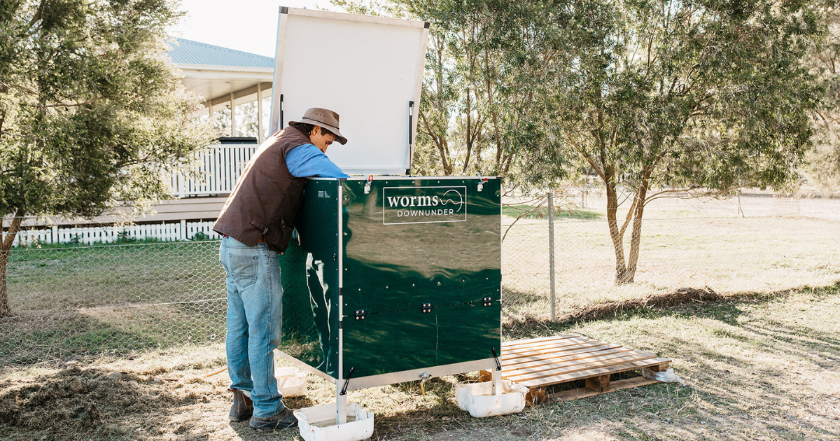
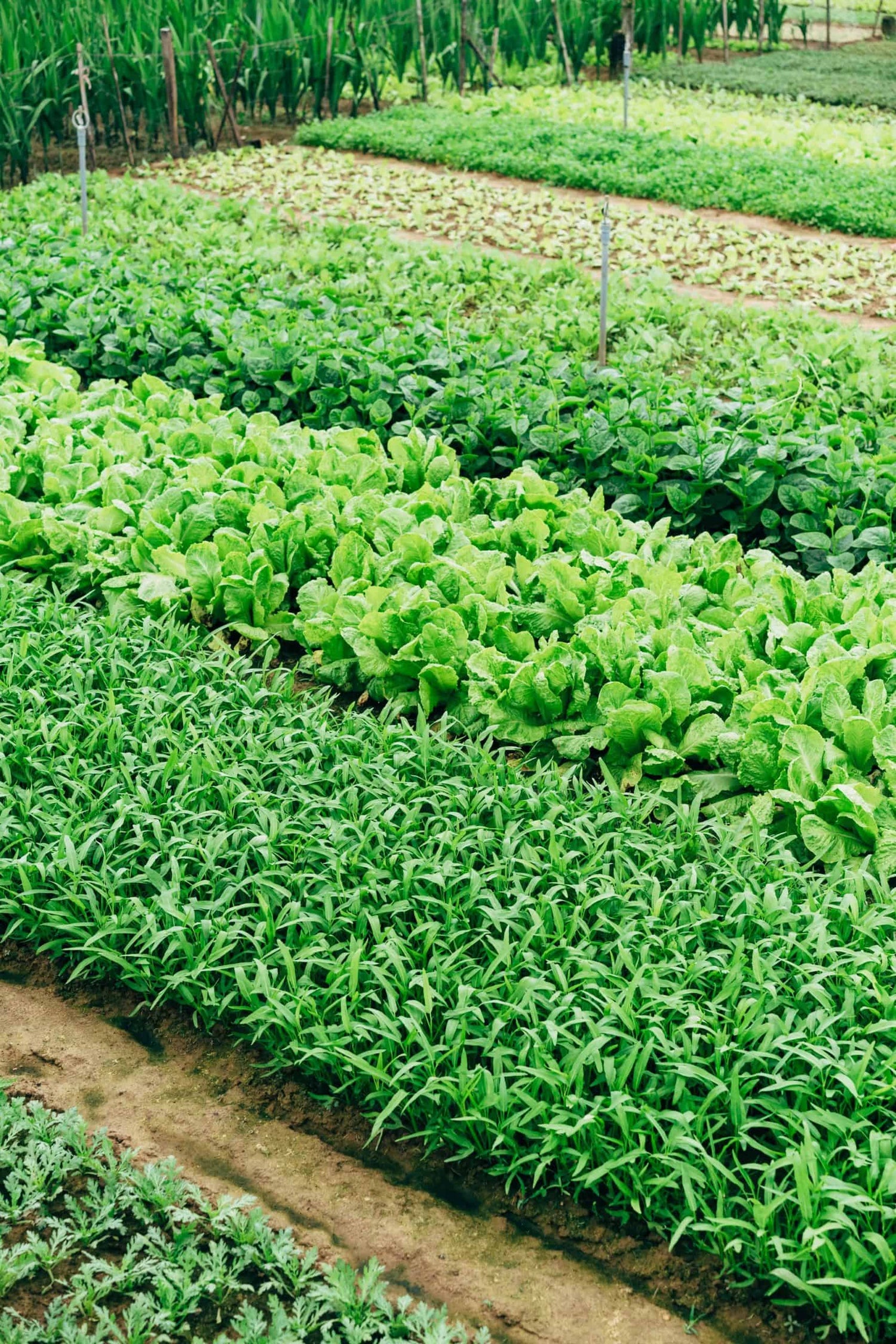
Eumundi State School is tackling landfill waste head-on with eight worm farm systems, successfully diverting 27 tonnes of compostable waste from landfill each year.
Students are actively involved in the process, managing the worm farms, producing and selling 'Worm Wizz', and returning nutrients back to the soil. It's a circular, environmentally driven solution that not only reduces emissions but also enriches the local ecosystem.
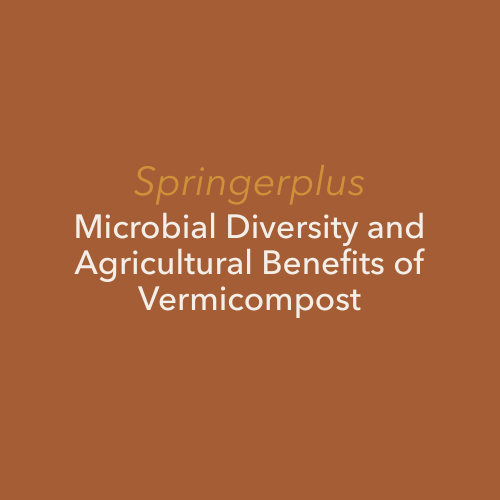
Article
Vermicomposting does more than just recycle waste — it cultivates a thriving microbial ecosystem that boosts soil health, suppresses plant diseases, and supports sustainable farming.
This review explores the powerful partnership between worms and beneficial bacteria in turning organic waste into nutrient-rich, eco-friendly biofertiliser.

We're thrilled to announce that our flagship products, Worm Brew® and Worm Mod®, are now available on the AgriProve Marketplace. This collaboration connects farmers with practical, biology-driven tools to supercharge soil...
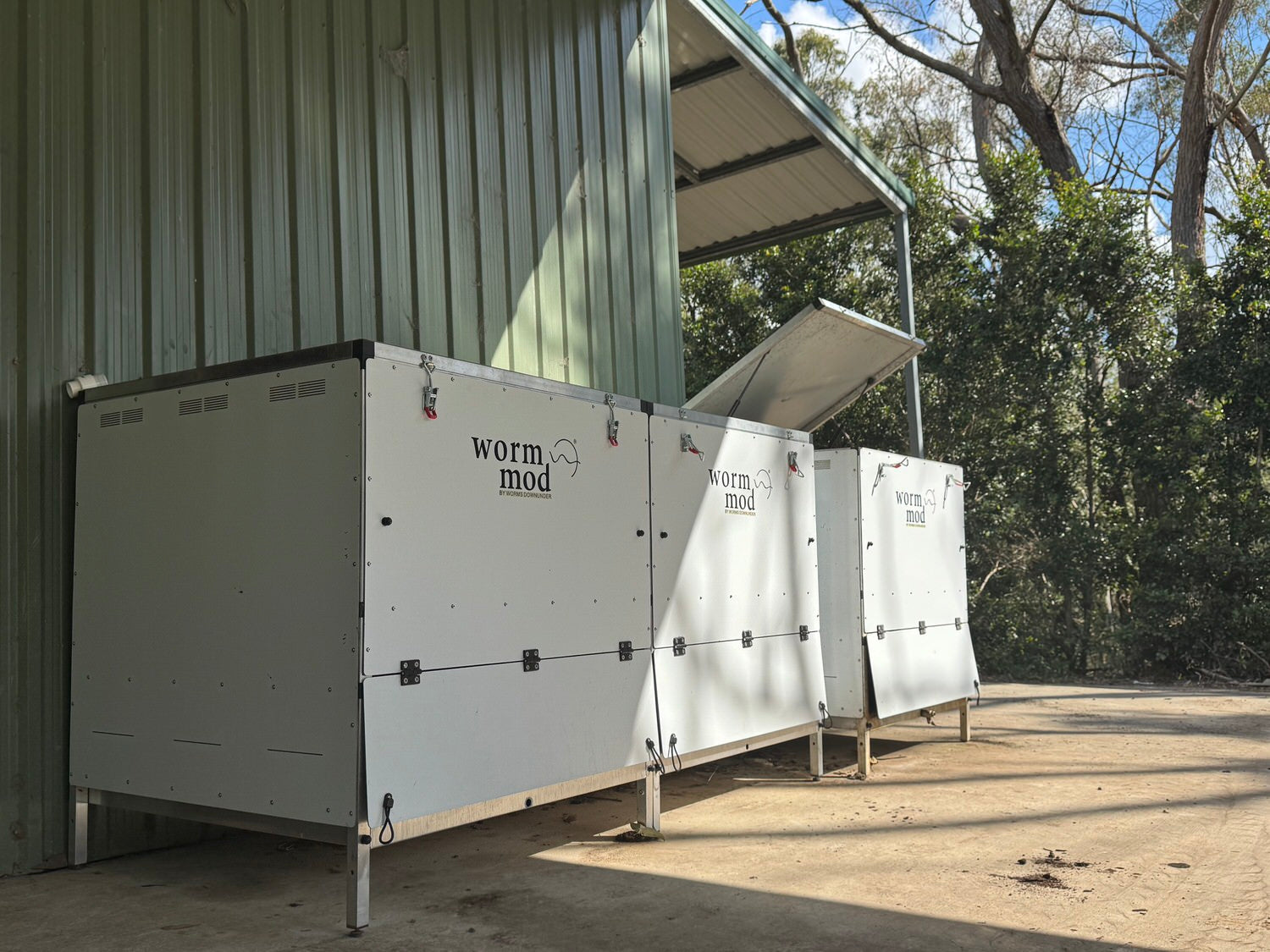
For farmers looking to produce high-quality worm cast for on-farm use or organisations aiming to process significant volumes of organic waste, large-scale worm farms offer distinct advantages over their smaller...
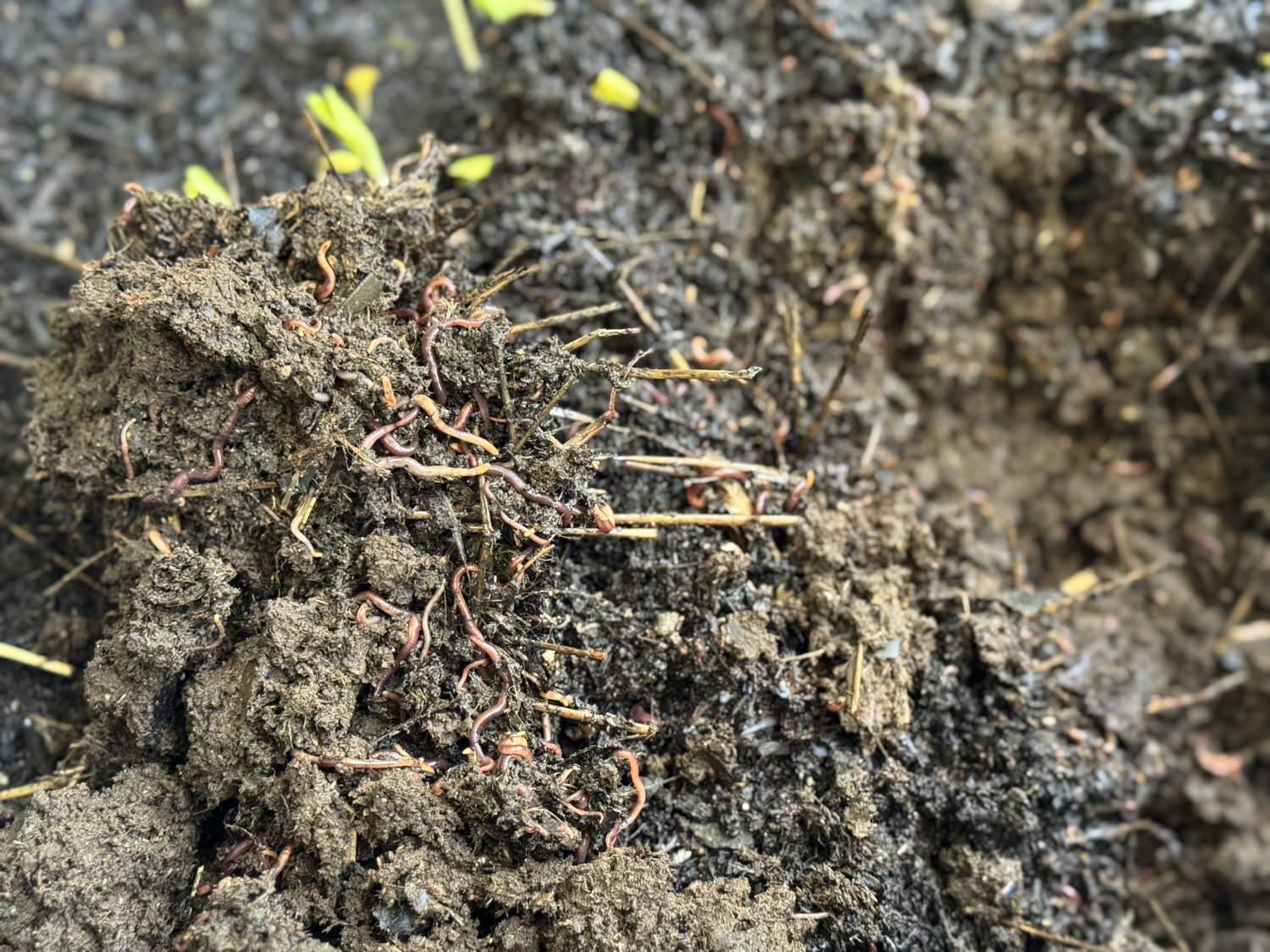
Compost worms, like Eisenia fetida, thrive in well-managed environments with optimal moisture (60–80%), temperature (15–25°C), and aeration. In such conditions, worm populations can double roughly every three months. Worms naturally...